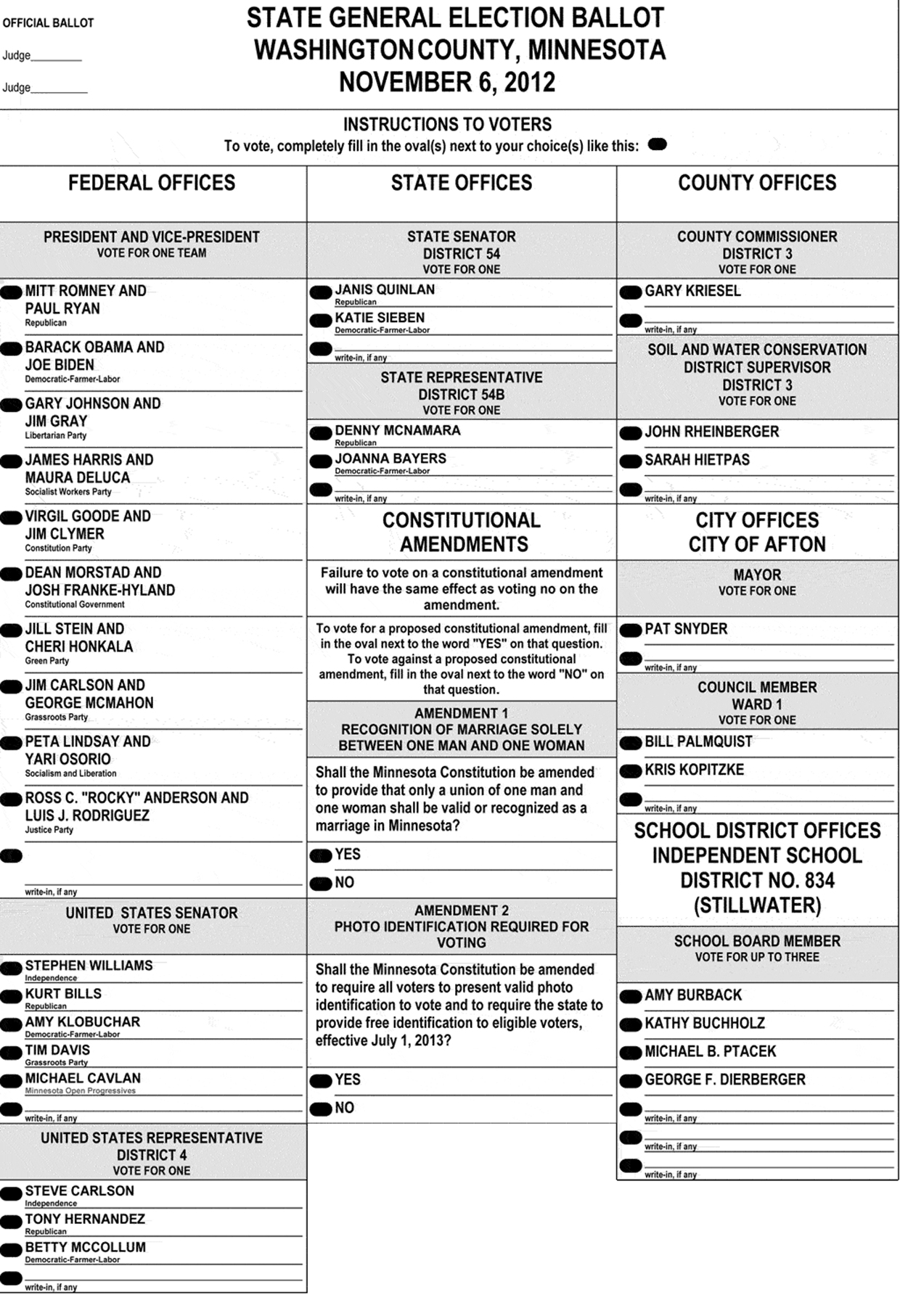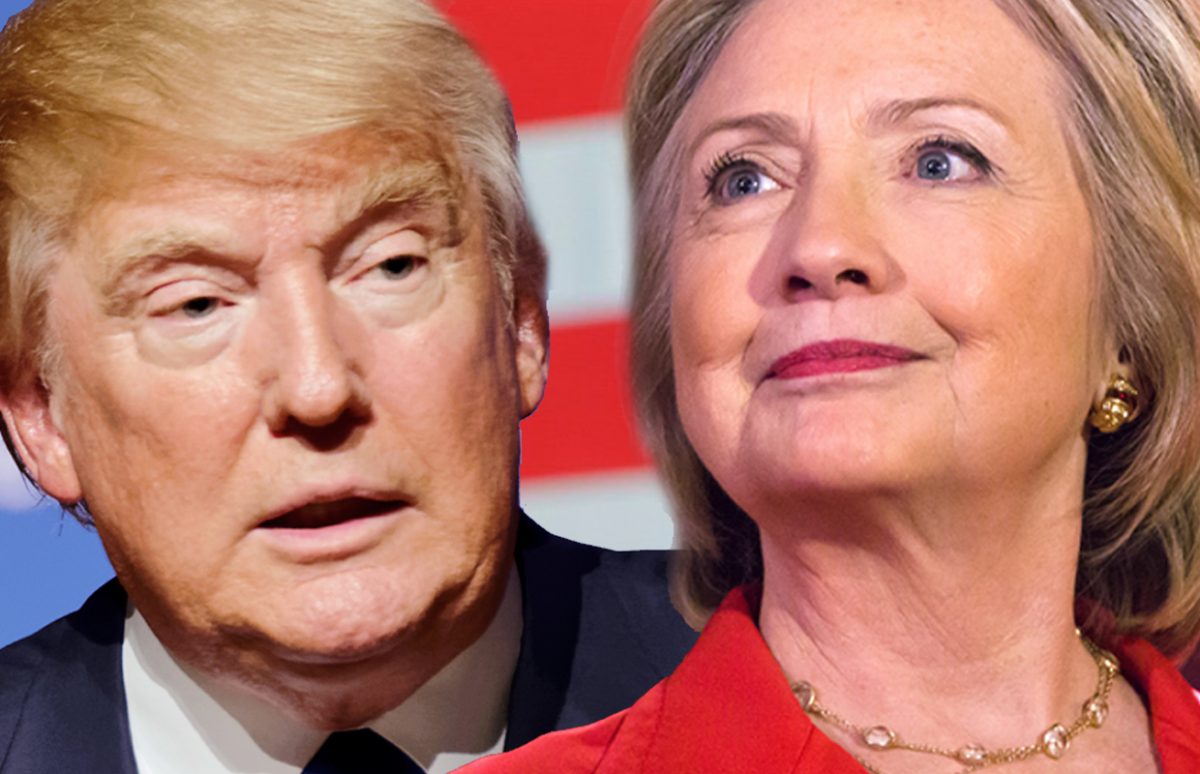This is it. After more than a year of one of the most vicious campaigns in living memory, Americans will finally go to the polls on Tuesday 8 November.
Or will they? Only about 65% of Americans are registered to vote. Of those who are registered, there tends to be a high turnout for Presidential elections: in 2012, the turnout of registered voters was 84.3%. But turnout as expressed as a percentage of people who were actually eligible to vote was only 65%.
Moreover, most states offer some sort of early voting system. This concerns military personnel, expatriates and anyone who will be away from home on polling day. But at least in part because U.S. employment law often severely limits employees' rights to time off, typically, early voting takes place in the evening or at weekends when voters can go to the polling stations in their free time. Many churches, especially African-American ones, organise "Souls to the Polls": free transportation of groups to the polling stations.
So, more than 40 million people, more than a fifth, have already voted. That means they potentially voted before the scandal erupted about Trump's treatment of women, and certainly before Clinton was exonerated on 7 November of any wrongdoing concerning her emails. The figures are considerably higher than the 2012 election, when 32 milion voted early. This could indicate a higher turnout overall, which would generally be considered to be beneficial to Clinton.
It's Not All About the President
Abroad, the focus has been on the presidential election. But when Americans go to the polls on 8 November, they will also be renewing one third of the seats in the Senate and all of the seats in the House of Representatives, plus a quarter of State Governors. President Obama was severely limited in his ability to legislate because both houses of Congress had Republican majorities for much of his two terms. There is a serious chance that the Senate will swing to the Democrats this time. The Democratic Party only needs four seats out of the 34 up for grabs if Mrs Clinton wins, or five if she doesn't (the Vice-President has an automatic seat). The lower house is much more likely to remain Republican as they currently have a 34-seat majority.
Given that Donald Trump's nomination was so unpopular with many traditional Republicans, many candidates for Congress and governorships have distanced themselves from Mr Trump during the campaign. The Republican National Committee has deprived the Trump campaign of funds to redistribute them to candidates for Congress.
And There's More
Furthermore, voters will often to have the possibility to vote for other elected officials in their state, county or city: judges, police chiefs, the state attorney general, etc. And then there are the propositions. These are in effect referendum questions. California is the national champion in numbers of propositions; this year voters will be asked their opinion on seventeen topics ranging from a single-use plastic bag ban to increasing tax on the state's richest citizens. Along with voters in several other states, California voters will be asked if they want to legalise recreational cannabis (medical cannabis was legalised 20 years ago), increase tax on a packet of cigarettes by $2, or repeal the death penalty. (See an example of a ballot paper below.)
Many of these "other" elections on the ballot paper will have much more direct effects on citizens' lives than the results of the presidential race. Especially in those states which are not "battleground states": those whose large populations promise presidential candidates a high number of electoral college votes, and which have a history of swinging between the two main parties. If an American voter lives in a "safe" or unpopulous state, the election campaign trail may never have made it close to them.
Who's a Lame Duck?
There is a lot of colourful language associated with the U.S.'s unique electoral system. This article elucidates some terms like "lame-duck" president with helpful illustrations, and is easy enough for pupils from B1.

> Who won the third presidential debate?
> This is the End… the Last Debate
> Election Money Machine
> Chasing the Youth Vote
> The Race to the White House is On
> U.S. Presidential Election Webpicks
> Barack Obama Register to Vote Video
> U.S. Election Adverts
Tag(s) : "citoyenneté" "Clinton" "communication" "Congress" "EMC" "Information" "parcours citoyen" "Trump" "U.S. elections" "White House"





